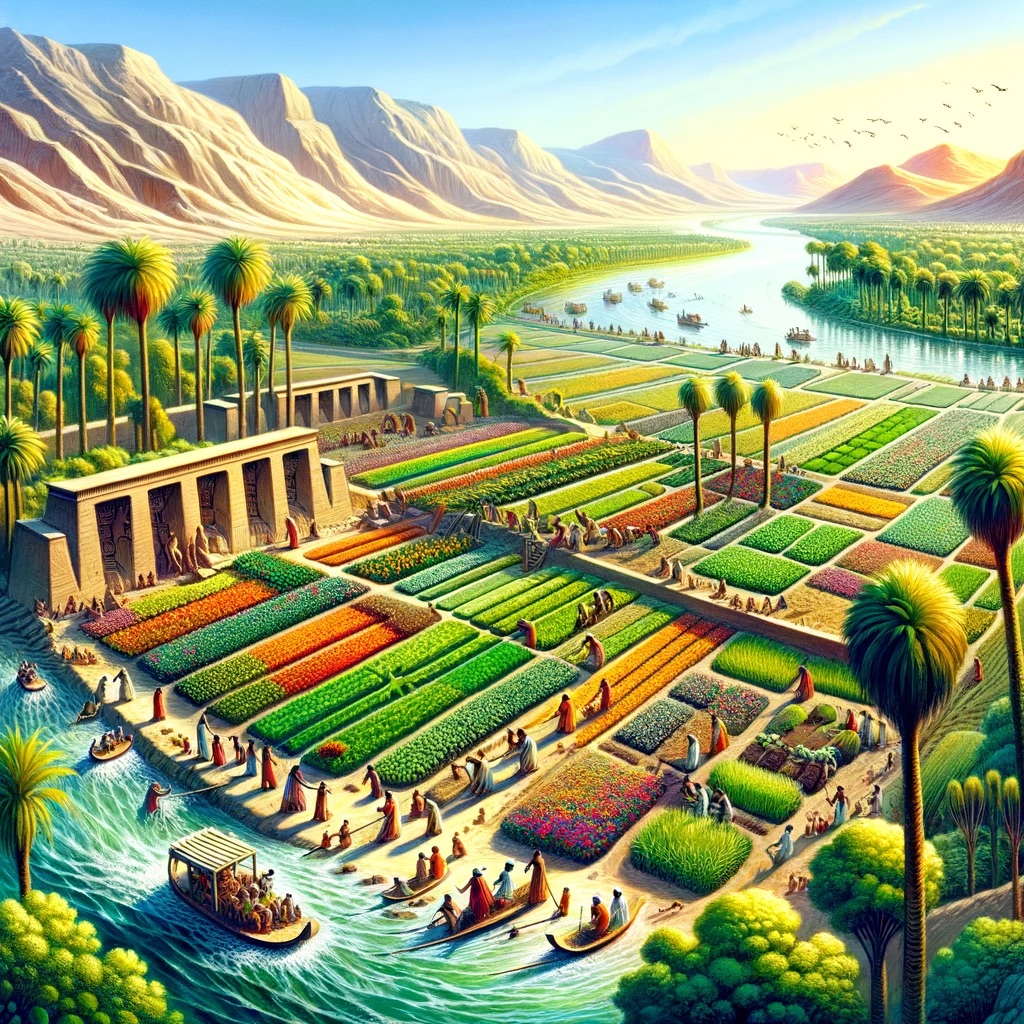In the intricate story of agriculture, we journey to ancient times, where the Nile River played a pivotal role in fostering prosperity for the civilizations along its banks. The annual floods of the Nile brought nutrient-rich waters, turning the soil into a fertile ground for flourishing crops.
Fast forward to today, we encounter a different narrative—one of modern agricultural lands grappling with the repercussions of prolonged exposure to pests and chemical fertilizers. Imagine these lands as battle-scarred warriors, weathered by relentless assaults over the years. The consequence? The once-vibrant soils have lost their essential nutrients, creating a challenging environment for crops to grow.

Now, let’s unpack this problem. Traditional farming practices, characterized by the use of chemical fertilizers and persistent pest attacks, inadvertently lead to soil degradation. These practices disrupt the natural balance of the soil, gradually depleting it of vital nutrients. As a result, the land loses its fertility, impacting crop quality and yield. This unintended consequence highlights the urgent need for sustainable alternatives in agriculture.
At Leedana, we choose a different path. Our innovative sandponics system starts with pure sand, untouched by external forces. As we introduce water enriched with balanced nutrients from the fish tank to this sand, it transforms into a fertile foundation for crops. This process mirrors the ancient Nile’s role in nurturing Egyptian lands, offering a sustainable solution that revitalizes soil health and promotes efficient crop growth.


